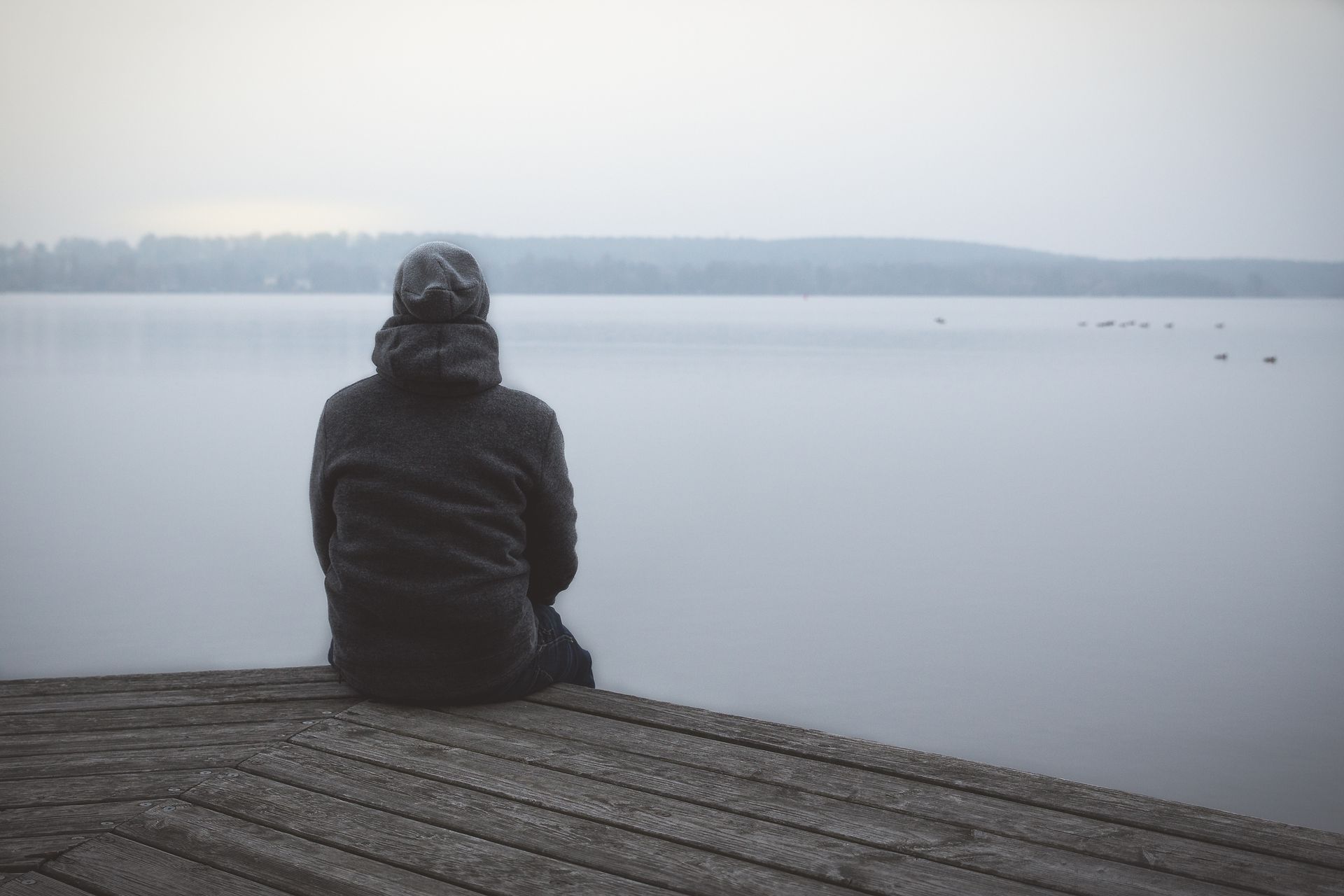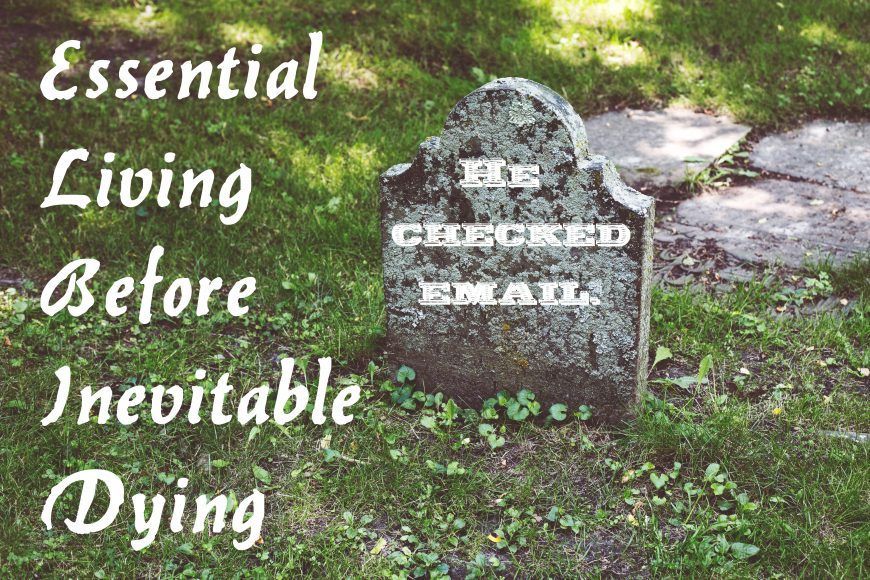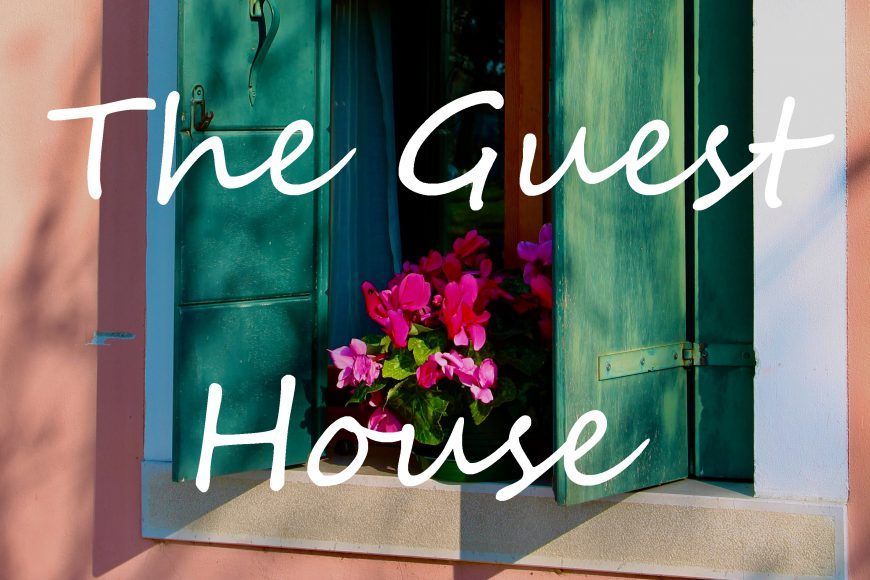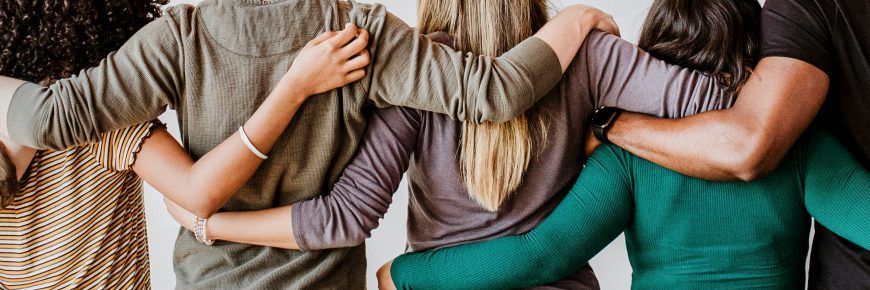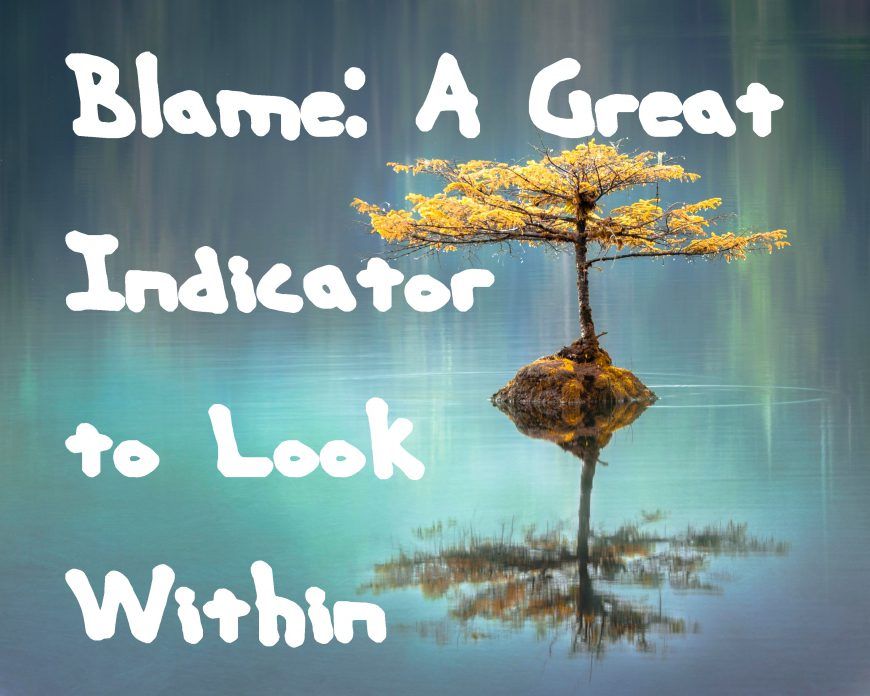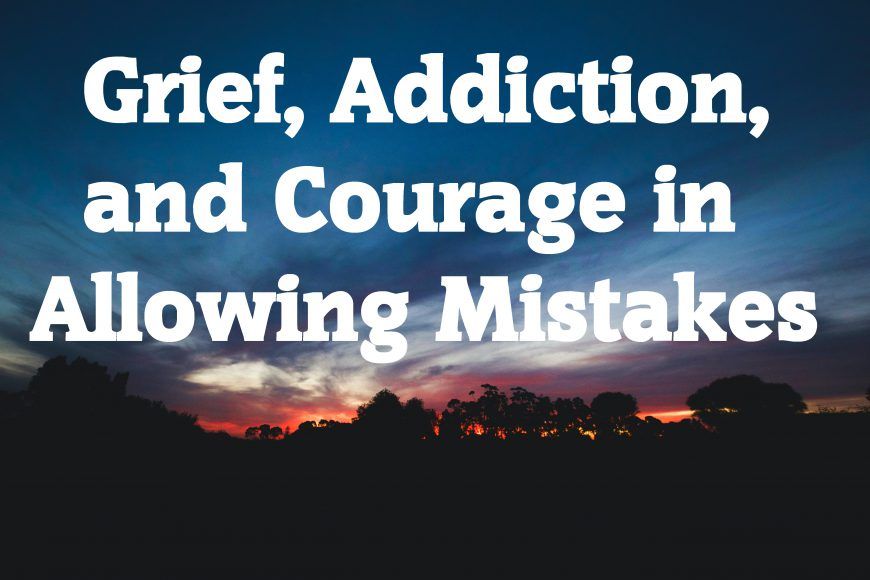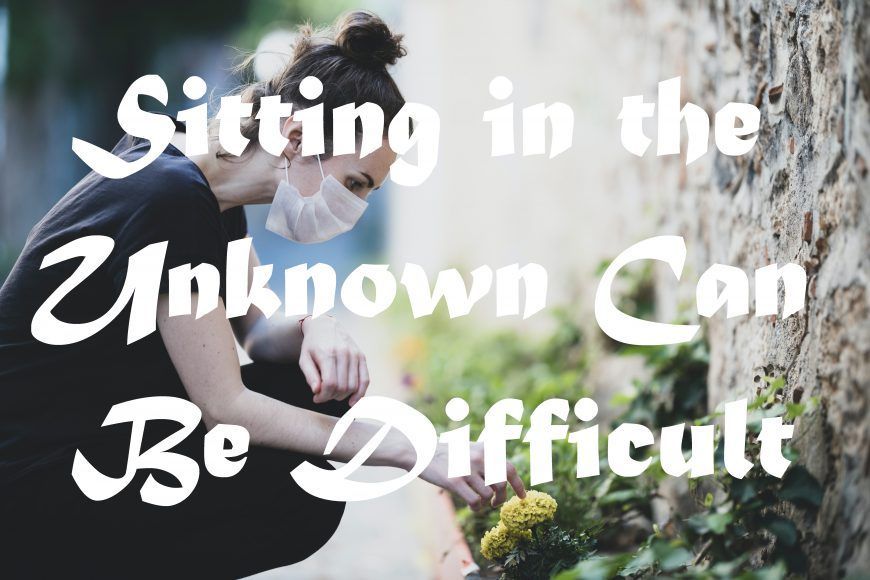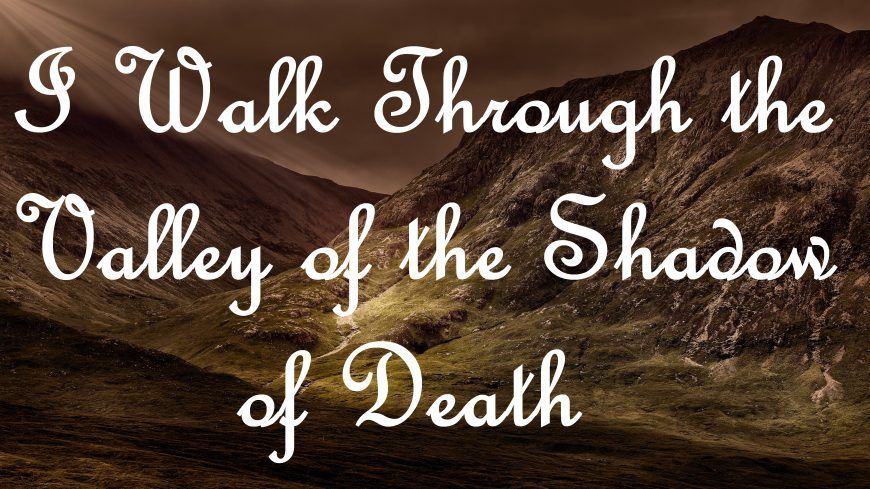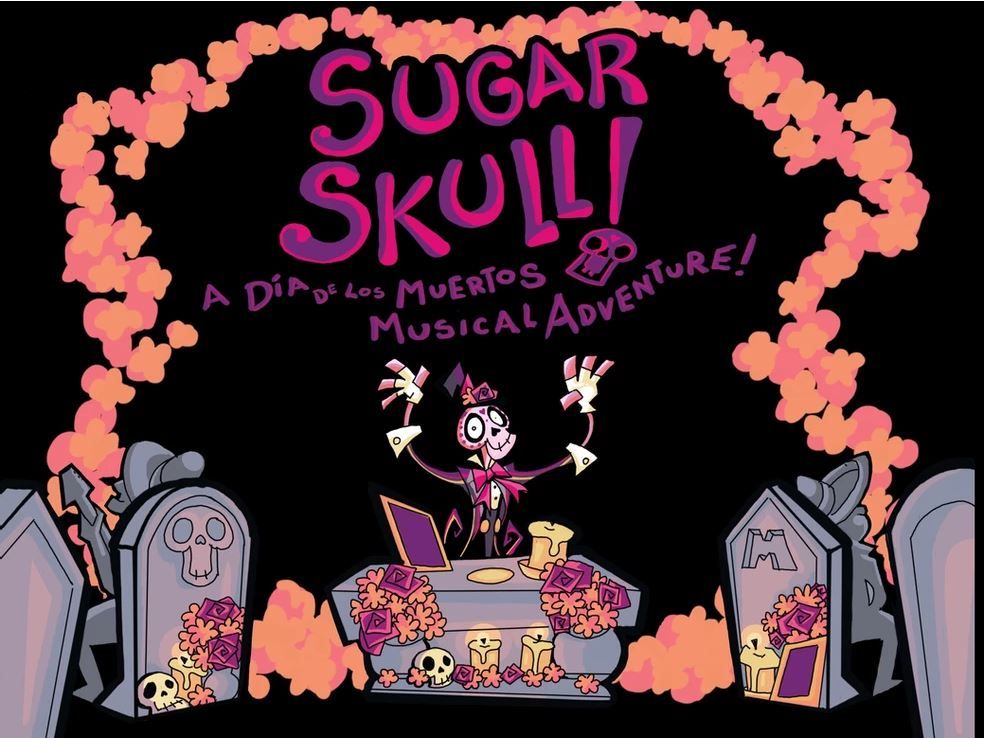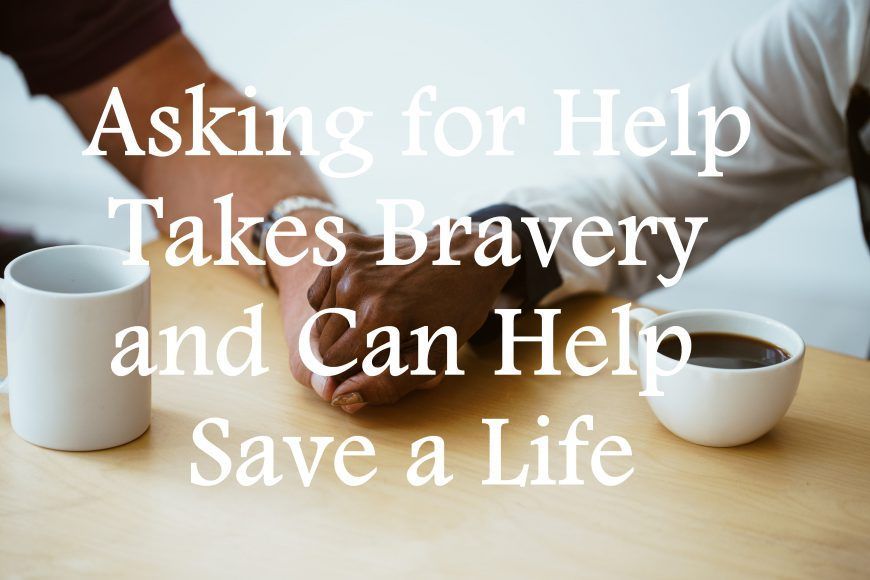Community Grief and Trauma
Q & A with Ted Wiard , LPCC, CGC, Founder of Golden Willow Retreat, a nonprofit organization focused on emotional healing and recovery from any type of loss.
Q: It seems our town has had many deaths and strange events of loss lately. Does a community have a collective type of grief or what happens in these difficult times? What is the best way to work as a community to heal rather than cause more drama during times like this?
A: You bring up a great point about community grief and loss as a collective process. You are correct that when there is a sudden and often tragic loss, there is an impact for most people within a community. This can cause many different behaviors for individuals and groups within that community. Often, when there is an unexplainable or unthinkable event that rips through a town and its neighbors, there is a tendency to blame, gossip and jump into the drama and trauma, even if the story is not theirs. Gossip and blame happen when groups are trying to gather information and make sense out of something that does not make sense. Keeping to the known facts and not getting caught in the gossip is a great start to decrease extra fear, misinformation and difficulty for the people and families that are actually involved in the challenging event.
Blaming and taking sides is a way that our brain tries to make a situation feel safe. Blame is a way to take an emotional situation and turn it into a cognitive structure to give an illusion of safety in trying times. I believe the best way to help a community heal in the midst of grief is to avoid drama, blame, and hearsay. Finding true information and having compassion for all the people involved is important.
When there is an accidental death, a murder, car crash or other unexpected tragedies, there are many types of losses. Family members, the people actually involved, and other people intimately involved are all hurting and need the support of the community to help them walk through the shock, grief and trauma. Rumors and blame do not help the situation.
What can help is to take care of yourself, observe your own emotions that may have been triggered, and connect with healthy people so that isolation and misinformation does not wreak havoc throughout the area. Remembering that real people, not only stories, are hurting and may need help is a great place to start. Seek healthy community members to share ideas of support and find ways to reach out from offering food to silently sending good thoughts is how a community comes together and decreases the drama while increasing the healing for all.
On an endnote, I think in times like this it is important to check in with our young people and make sure they are getting support and to share feelings while being role-models of mature and healthy behavior. It is also a good time to remember how precious life is and show gratitude and acknowledge this to the people you care and love.
This article was published in The Taos News on April 30, 2015, and is republished here with permission by the writer, Ted Wiard. Visit goldenwillowretreat.com/media-blog/teds-archived-articles/ for more of Ted’s articles.
